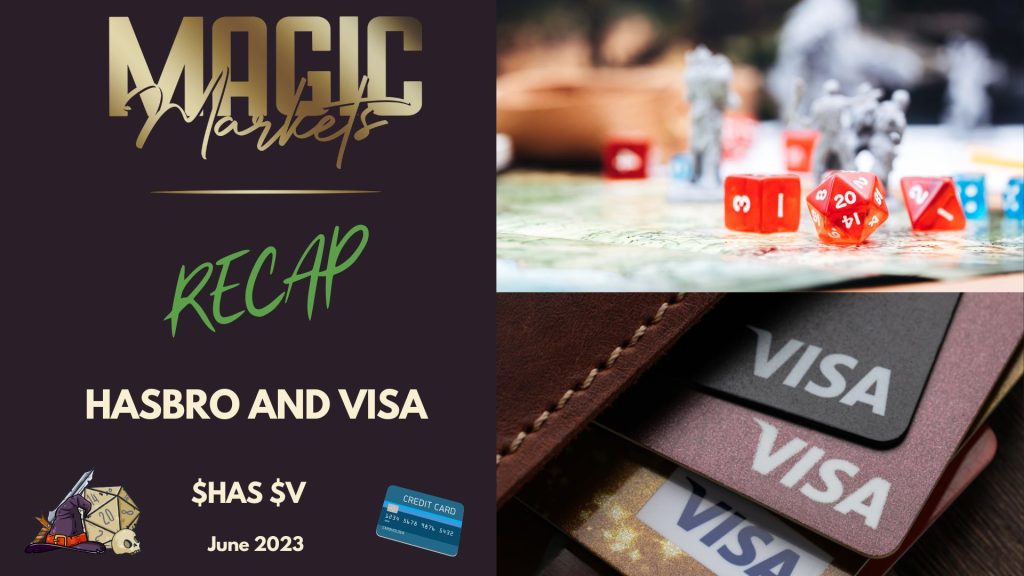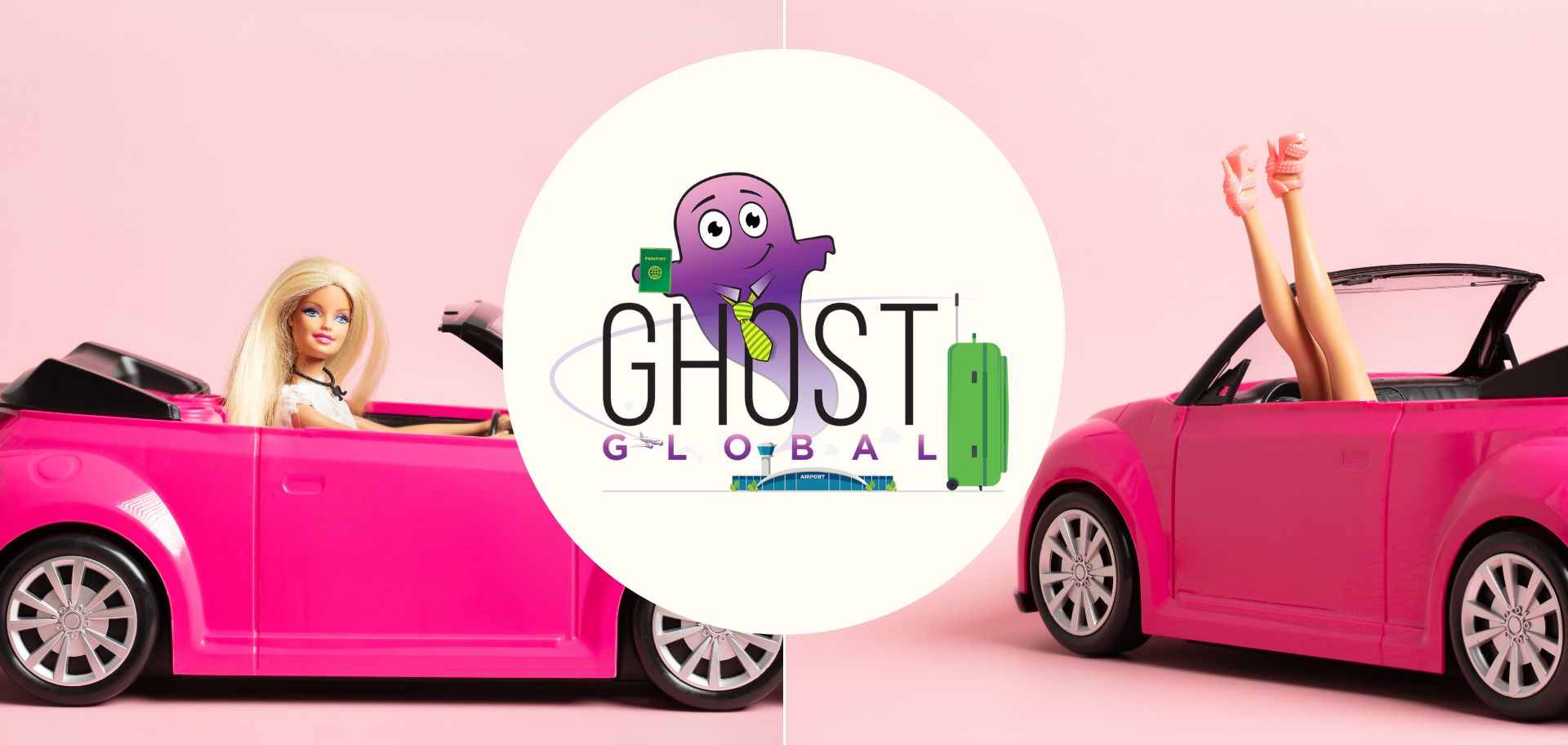If aliens had landed on planet earth on the weekend of the 21st of July 2023, odds are they would have come away with the idea that our society venerates Barbie as a deity. What other reason would we have to dress ourselves in her signature style, hoard merchandise emblazoned with her name and image, and queue for ages outside movie theatres for the chance to see her face on the big screen?
There are no records of an alien visitation that weekend – but there are other records to talk about.
By now there’s no denying that the Barbie movie has been a hit at the box office, smashing 15 box office records after the film’s first three weekends. In the film’s third weekend, Barbie became the 6th movie post-Covid to pass the billion-dollar mark at the worldwide box office. It took Barbie only 19 days to achieve this feat, becoming the 9th fastest film in history to make a billion dollars. Barbie also earned the biggest opening weekend ever for a film based on a toy.
Good for Margot. Good for the studios.
Few things are as effective at luring audiences into movie theatres as a touch of nostalgia. Make no mistake: this Barbie movie wasn’t made with kids in mind. Or rather, it was – it’s just that those kids have grown up and have the power to swipe their own bank cards.
Being an adult is hard, and if there’s one thing that helps take the edge off, it’s a two-hour technicolour trip down memory lane to a time when things were simpler and toys were all we cared about. Movie directors who understand this basic human desire are becoming incredibly efficient at translating those nostalgic yearnings into profit.
How much profit, exactly? It’s hard to tell without knowing the full list of post-release expenses. During her interview with The New York Times, Barbie director Greta Gerwig shared that the film’s original budget was approximately $100 million. However, as time passed, it steadily rose to $145 million. Generally, a movie is considered a box office success if it earns two to three times its budget. For Gerwig’s film, that means it needed to gross at least $300 million in round numbers to achieve this status.
Currently, it’s sitting pretty at an approximate international gross of $660.6 million. So far.
But will Mattel smile all the way to the bank?
Mattel, the owners of the Barbie IP, had quite a surprise for their shareholders in the second quarter. They significantly beat analyst estimates in terms of net profit despite sluggish toy sales. Instead of the expected loss of 3 cents a share, they pulled in a profit of $27 billion, or 10 cents per share.
Net sales fell by 12% as consumer spending came under pressure. Although that’s clearly not a happy outcome, it was less severe than expected. Hot Wheels seemed to have a bigger impact than Barbie in this quarter from a toy perspective, with Mattel hoping that the success of the movie starts to filter into the toys. Importantly, the movie was only released a week before the end of the quarter, so the real impact of the movie should be felt in the next results.
Mattel is going all out with commercialising this IP. They’re teaming up with 165 brands to roll out a whole bunch of Barbie-branded merchandise. All eyes will be on the outcome of this.
CEO Ynon Kreiz knows this Barbie movie is a game-changer. He’s calling it a pivotal moment, saying, “The Barbie movie is a showcase for the cultural power of our brand, our knack for teaming up with top creative minds, and our franchise management skills. This moment will be remembered as a key milestone in our company’s history with the release of the Barbie movie, our first-ever major theatrical film.”
Margot Robbie’s balance sheet has already seen this benefit. Will Mattel investors enjoy the same?
So is it a movie, or a very long advertisement?
Mattel may be making headlines with the Barbie movie right now, but they’re definitely not the first toy company to harbour box office dreams.
Hasbro, the company behind Monopoly, Battleship, and tons of other beloved board games, clearly enjoys success in the toybox. But it may surprise you to learn just how often their products have had a turn on the silver screen.
Since 1986, the Rhode Island–based company has been attempting to make it in Hollywood, turning nostalgia into blockbusters. The result is casually referred to as the Hasbro Cinematic Universe, a collection of (mostly unrelated) films, some of which are good, some of which are bad (think Furby-filled nightmares bad) and all of which put nostalgia up on the big screen in an effort to coax audiences back into toy stores.
You may have made the obvious connection between Hasbro and the recent Dungeons and Dragons flick, but did you know that the toy company also holds the keys to such titles as Transformers (yes, all the Transformers movies), My Little Pony, G.I. Joe, Peppa Pig and Power Rangers?
So big are the cinematic dreams over at Hasbro that the company tried to own its own entertainment company, Entertainment One. After buying Entertainment One in 2019 for the tidy sum of almost $4 billion, the toymaker quickly realised that making money from movies was not the simple exercise it appeared to be – and for every blockbuster hit that could triple its budget, there would be multiple flops that would do nothing but cost the company precious revenue.
After much pain and deliberation, Hasbro agreed earlier this month that they would sell Entertainment One to Lionsgate for $500 million, with the transaction expected to close in late 2023. That’s a $3.5 billion loss on that deal, which is an astronomical amount to squander on what is essentially a series of very long advertisements.
For context – if Hasbro wanted to recoup that loss through movies alone, they would have to have around seven Barbie-level box office hits.
That doesn’t mean that the screen dream has died though. Feature films are still in the works – including a Monopoly-themed film that was this close to being directed by Ridley Scott of all people. Like Mattel, Hasbro has opted to license out their IP to well-established names like Warner Brothers instead of attempting to run the show themselves.
You can’t buy a Barbie for R99, or even a movie ticket
…but you can buy yourself a treasure trove of amazing business insights in Magic Markets Premium. They might not be wrapped in plastic, but they’re still fantastic.

As you’ll learn in our latest recap on Hasbro, the company is scaling down its in-house cinematic endeavours in order to focus on gaming and streaming. With success in the Wizards of the Coast business in particular, Hasbro might still have their Barbie moment if they play their cards right.
With around 90 research reports on global stocks available in the library, a subscription to Magic Markets Premium for just R99/month gives you access to an exceptional knowledge base that has been built since we launched in 2021. There is no minimum monthly commitment and you can choose to access the reports in written or podcast format. Sign up here and get ready to learn about global companies>>>
About the author:

Dominique Olivier is a fine arts graduate who recently learnt what HEPS means. Although she’s really enjoying learning about the markets, she still doesn’t regret studying art instead.
She brings her love of storytelling and trivia to Ghost Mail, with The Finance Ghost adding a sprinkling of investment knowledge to her work.
Dominique is a freelance writer at Wordy Girl Writes and can be reached on LinkedIn here.



